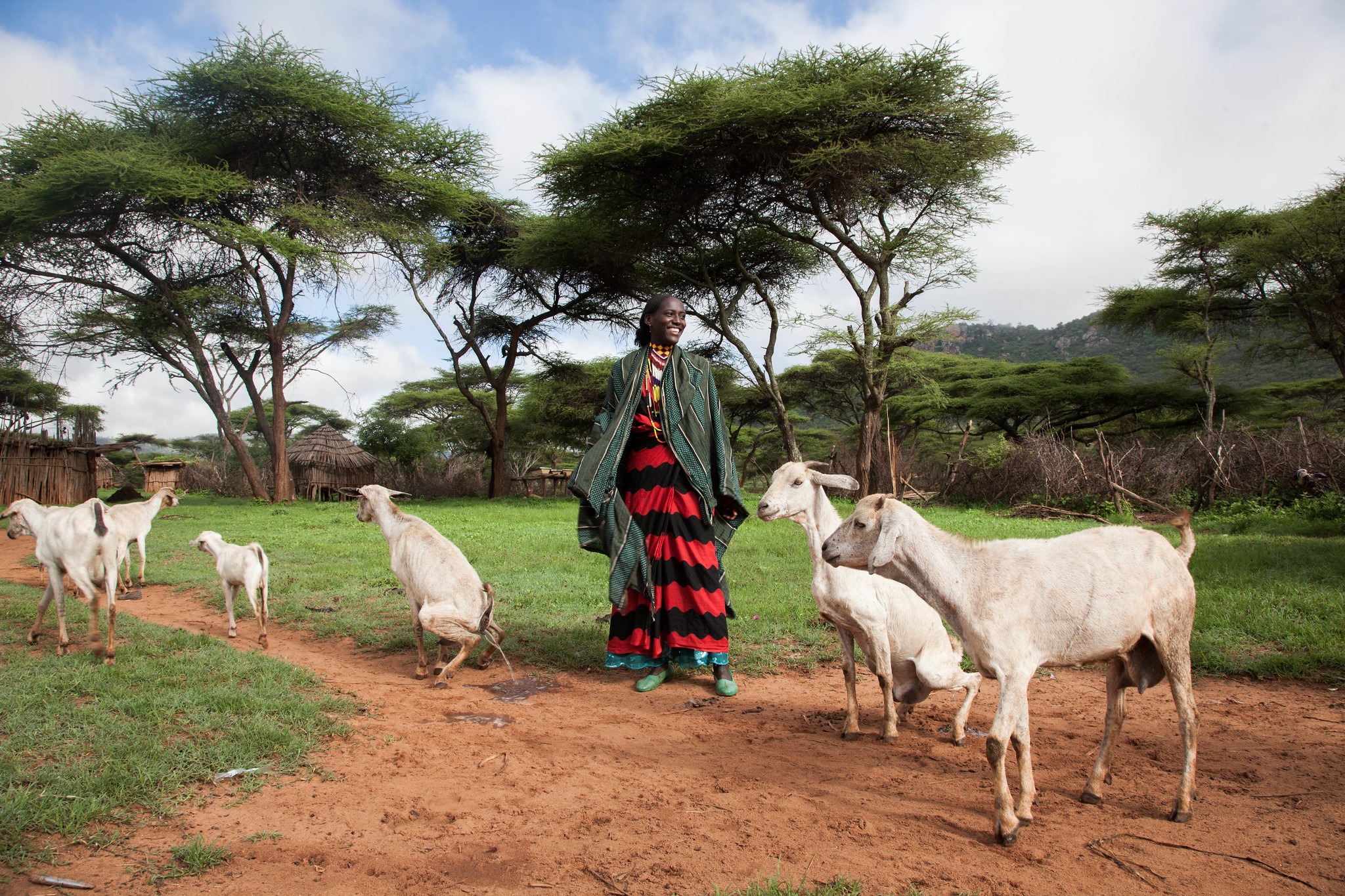

Avoid pandemics with a ‘One-Health’ focus
June 9, 2020

An opinion piece by our chair, The Hon John Anderson with board member The Hon Dr Craig Emerson and our CEO, Dr Colin Chartres, recently ran in The Australian Financial Review. It argues that Australia has much to offer globally in terms of our pioneering and adaptive management approaches to farming in hostile climates. They believe that this should be one way in which we can play a leading role as a global citizen, while at the same time continuing to reap benefits from the investment in overseas development aid at home, in the form of improved health, agricultural productivity and environmental outcomes.
The opinion piece is available here, and the related press release here.
Approximately 75% of newly emerging infectious diseases are those that can transmit from animals to humans. COVID-19 is a wakeup call to break down the silos of agriculture, health and the environment and invest more to focus on the overlap where we risk future pandemics.
“In the wake of COVID-19, Australia could be a global leader in boosting aid efforts where the health of people, animals and the environment are interconnected,” said The Hon John Anderson.
“Agriculture is at the critical interface of food, health and the environment and is an obvious place from which to work. Australia’s agricultural aid to our neighbours, which brings a benefit to Australian agriculture of $10 for every dollar spent, could deepen its benefit to our neighbours and to us with more funding for an integrated focus on health, agriculture, food and environment.”
“The so-called ‘One Health’ approach is warranted, since it appears COVID-19 and SARS came from animals being in close contact with humans in food chains, such as wet markets.”
He explained that with an increasing human footprint, the risk of future pandemics due to diseases jumping across the species barrier similarly increases.
“The ‘One Health’ approach is gaining traction as it enables the collaboration needed across different sectors and disciplines, working at the local, regional, national, and global levels.”
“Australia could be a global leader in efforts to stave off further pandemics by investing more in research to cover the overlap of agriculture with health and the environment, whilst at the same time helping protect Australia from emerging diseases,” he said.
Examples of some ‘One Health’ work underway includes research on anti-microbial resistance, food safety, policy improvements to veterinary legislation, biosecurity around threatening pests and diseases, and work to gain a better understanding the risk factors of animal to human disease transmission.
“A current-day snapshot of Australian biosecurity issues reveals we are fighting Fall Army Worm, Panama Disease and fire ants, while regionally African Swine Fever that wipes out pig populations has already severely affected East Asia.”
“Australia gains immense kudos and benefit from its contribution to international agricultural research, development and extension. The impact would be further increased if we boost efforts to include a ‘One Health’ integrated focus on health, agriculture, food and environment, as part of our current agricultural aid,” he concluded.
Further media attention related to our argument for great support for “One Health” in the aid budget will be listed below.




 0
0